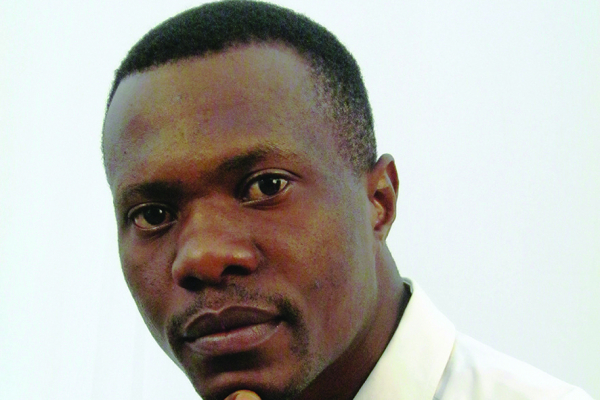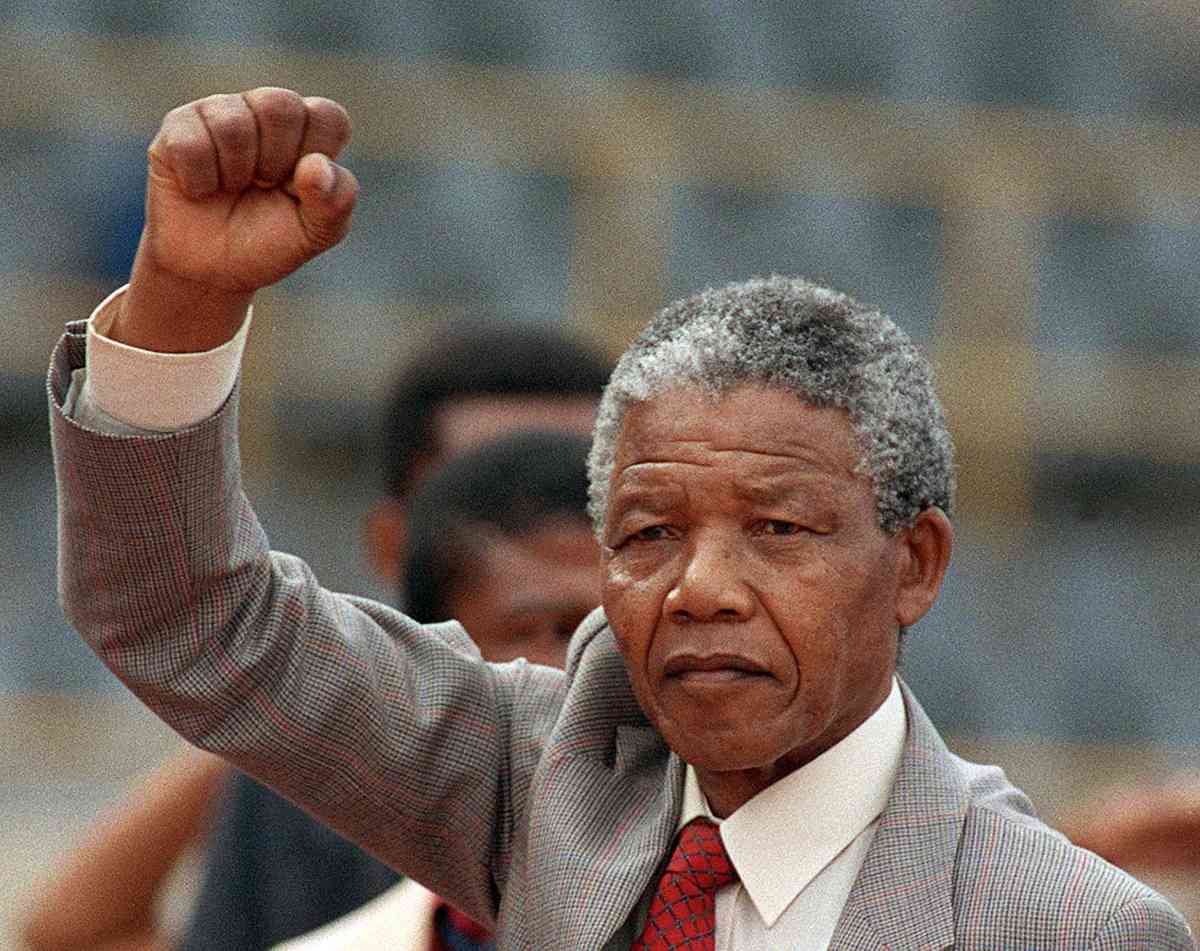
THE day may seem mythical at present; it is inconceivable and no one knows when it will come, but Zimbabweans yearn for the restoration of the life they once lived. Each passing day heaps gloom upon gloom such that a day of restoration seems unfathomable, but it will have to come.
Perhaps no time in recent history has a nation suffered so much trauma, squalor and physical anguish outside war as what is being witnessed in Zimbabwe. Every living creature stepping on Zimbabwean soil has to endure an immense battle of humongous proportions of some sort. It might be the worker, the housewife, high school children or the unemployed lot pounding the streets daily in search of a living; the distress is quite palpable.
The hardships being visited upon the people of Zimbabwe are not necessarily something new; the agony being experienced today carries a semblance of the hyper-inflationary environment of 2008. The difference between the two unenviable years relates to the total scarcity of basic commodities in the former year and haywire prices in the latter.
The psychologically damaging thing about the current crisis is that its precipitation was sudden and keeps drifting into the unknown. Up until the deposition of Robert Mugabe in November 2017, Zimbabweans had come to appreciate that one can save money and plan for the future.
It was in the realm of possibility for a parent to send three children to school on daily transport and struggle somehow to manage to pay their school fees. Even those students in university; while they decried a ruined education system and lack of resources, no one had envisaged that anything could be worse. The worker had toiled all the while blaming the old man who would not want to leave power in the form of Mugabe. It is no wonder that when that old man was deposed through military assistance that November of 2017, there were ear-piercing screams across the country with hooters blowing everywhere and people hanging precariously on cars as they celebrated an imminent better life. The young could not make head or tail of the euphoria that gripped the nation back then, but they saw their parents ecstatic, beyond description. They heard their parents assure them that Zimbabwe was now free. As for the few who dared to raise a flag on how Mugabe had been forced out of power, we drew our daggers against them.
I understand the logic of slamming anyone who opposed the ouster of Mugabe. He had caused his intense fair share of humiliation for Zimbabweans since the turn of the century.
The country had assumed the status of an outpost of tyranny during his reign. In fact, Mugabe’s political career was resuscitated by none other than his arch-rival MDC founder Morgan Tsvangirai when they formed a Government of National Unity (GNU). After winning an election by dubious means in 2013, Mugabe got back to his old ways and merely rode on the gains of the GNU until his ouster in 2017. But even by average standards, the country was better under Mugabe’s GNU residual rule.
There was some stability in prices. Salaries made sense. The abductions, torture and persecution of political opponents were done with a bit of restraint. Although vendors had mushroomed then and people complained bitterly, it was nothing as compared to what is obtaining today.
- Chamisa under fire over US$120K donation
- Mavhunga puts DeMbare into Chibuku quarterfinals
- Pension funds bet on Cabora Bassa oilfields
- Councils defy govt fire tender directive
Keep Reading
Zimbabweans marched against Mugabe because they had tested real economic stability during Tsvangirai’s reign as Prime Minister. It goes without saying that Zimbabweans would, given a choice between the current administration and Mugabe’s own, go for the latter. What Zimbabweans really protested against in November was the deterioration of standards from what gains had been made during the GNU era. Little did the nation realise that it was sliding further into an economic abyss? Little did the citizenry notice that they were jumping from the pan into red hot coal.
Zimbabweans will definitely require mental rehabilitation post-economic recovery, given the level of stress they have to endure under the current system. Zimbabweans will need to go under mental overhaul financially. They will need to be rehabilitated into understanding that the amount of money one has in the bank is exactly equal in value to the cash one has in hand. They will need to be counselled to appreciate that they won’t need to share their hard-earned moneys on an almost equal basis with dubious money traders in the streets. Zimbabweans will need to be rehabilitated that one is well within their constitutional rights to point the errors of government without fear of abductions.
They will need to understand that the police are supposed to be friends of citizens not agents of terror. Zimbabweans will need schooling in that the army exists to defend national interests and not political interests.
They will again have to appreciate that they have a right to support a political leader of their choice without the fear of losing food aid. Zimbabwe will definitely need such service in future.
At the moment, no one knows how this incessant crisis will end. Each day hold its agonies. The day we all pray for with tension and hot tears will come. It may not be now, but certainly the nation has suffered enough and something has to give.
Learnmore Zuze is a legal officer and writes here in his personal capacity.











